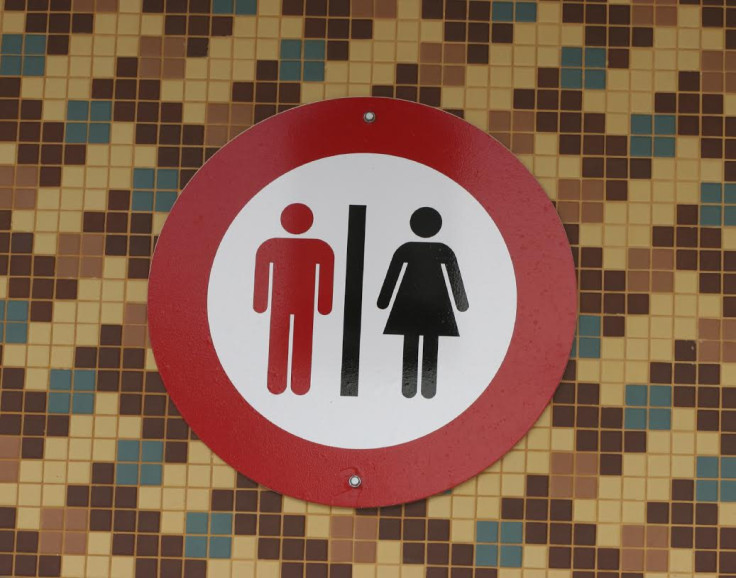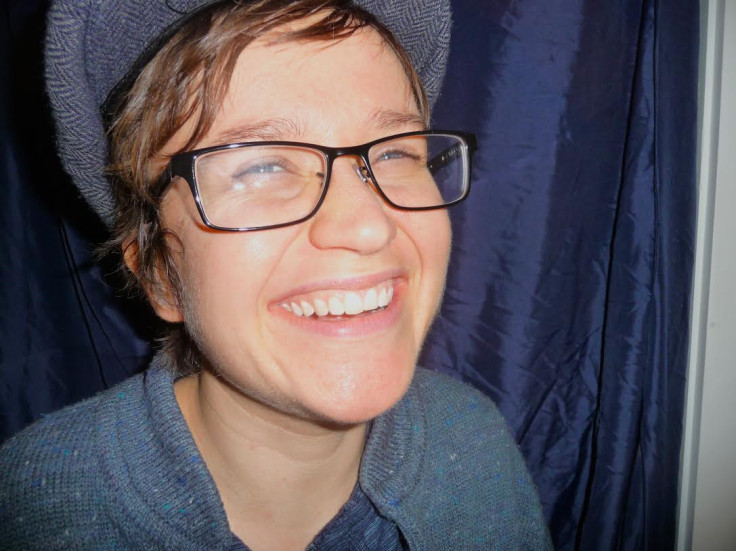Being non-binary: In a world that refuses to recognise us, we refuse to be erased

No bathrooms. No jobs. Assaulted on the street. Rejected in the courts. Refused health care. Living in poverty and working in underground economies. Attempting suicide at astronomical rates. For people who supposedly don't exist, non-binary people sure face a lot of hardship.
Because we challenge gender divisions, we receive scorn from all sides. Although advocating for our rights would help everyone facing gender-based oppression, people fear us because they see our existence as threatening theirs.
It's not, of course. Non-binary people know there is power in the huge variety of agenders that exist in the world. It's OK if you're different from us, no matter what your agender. We accept men and women more often than they accept us.

People like to say we can't be oppressed because we're just a fad, nothing serious, and not real like other people with their "normal" genders.
They say we aren't oppressed but tell that to the 83% of non-binary schoolkids who are harassed when they're trying to learn in the US. Tell that to the 21% of us who make less than $10,000 (£6,900) a year, the 19% of us who lose a job due to prejudice and the 20% of us who work in the underground economy. Tell that to the 90% of us who, if we have a job, are harassed.
They say we aren't oppressed, but tell that to any of us who try to access healthcare. That's right, 14% of us are refused healthcare because of being non-binary, while 36% of us are afraid to seek healthcare because of fear of discriminatory treatment.
Yes, they say we aren't oppressed. But tell that to all the non-binary people who face danger every time we leave our houses. To the 32% of us who have been assaulted and the 15% who have been sexually assaulted due to gender bias. If we seek support for these crimes, law enforcement may not be the best option – 31% of us have experienced police harassment.
They say we aren't oppressed and they say we don't exist. The 43% of us who attempt suicide sometimes succumb to all of this — and then society blames us for being suicidal. Blames us in a society that gives us no space at all — not even a place to pee.
These statistics are high even after factoring in the higher numbers due to racism, given that disproportionately high rates of non-binary people are people of colour. Also, the majority of non-binary people in this survey were assigned female at birth (AFAB), which usually means lower risk factors than for trans people assigned male at birth (AMAB). But the risk factors are higher, showing that even the most privileged non-binary people (white and AFAB) face high risks from non-binary erasure.
And when you add in intersecting oppressions, such as dyadism, transmisogyny and racism, and people experience exponentially higher levels of discrimination.
The only lawsuit focused around non-binary issues that I have seen is this one — which is advocating for us to legally exist in the first place. If non-binary people wanted to legally fight the discrimination we face, we risk further ridicule for even bringing a case, and no success in court.
Lost your job because you were out as non-binary? Well, you should know not to bring that unprofessional silliness here. Refused medical treatment because you failed to adhere to a binary trans narrative? That's just some radical agenda that's taking away from the "real" trans folks. If we talk about the violence we face, then people say we're distracting from "more important" trans issues.
If you know a non-binary person, ask how you can support them. They might need you to have their back at work, or to go with them if they need to use a public bathroom.
If you don't know a non-binary person (or don't know that you do), advocate for changes that include non-binary people in your surroundings. Use non-binary inclusive language. It will allow more freedom for everyone.
It's not an easy thing for non-binary people to be ourselves in this world. But we do it, every day, every minute, anyway. Despite all that is hurled at us, we hold ourselves high. We sparkle and glow, dapper up and ruffle, we whisper our pronouns, we shout our pronouns, we keep our pronouns close to our heart.
In a world that refuses to recognise us, we refuse to be erased. We mourn and support each other, we celebrate and love each other, we hold on.
We are full and brimming with our selves. Our selves are our greatest strength. Our selves are our biggest gift. What is fiercely hated is often fiercely powerful. We are fierce, yes, and powerful. We are here.
Adrian Ballou is a genderqueer freelance writer, artist, activist, and educator who manages communications for a reproductive justice organisation. Visit adrianballou.com.
Statistics included in the article are from the US.
© Copyright IBTimes 2024. All rights reserved.






